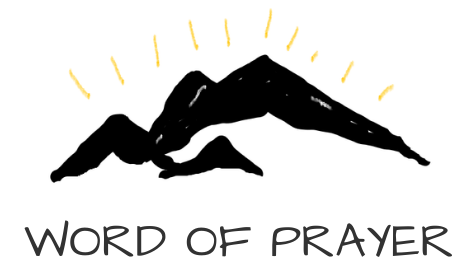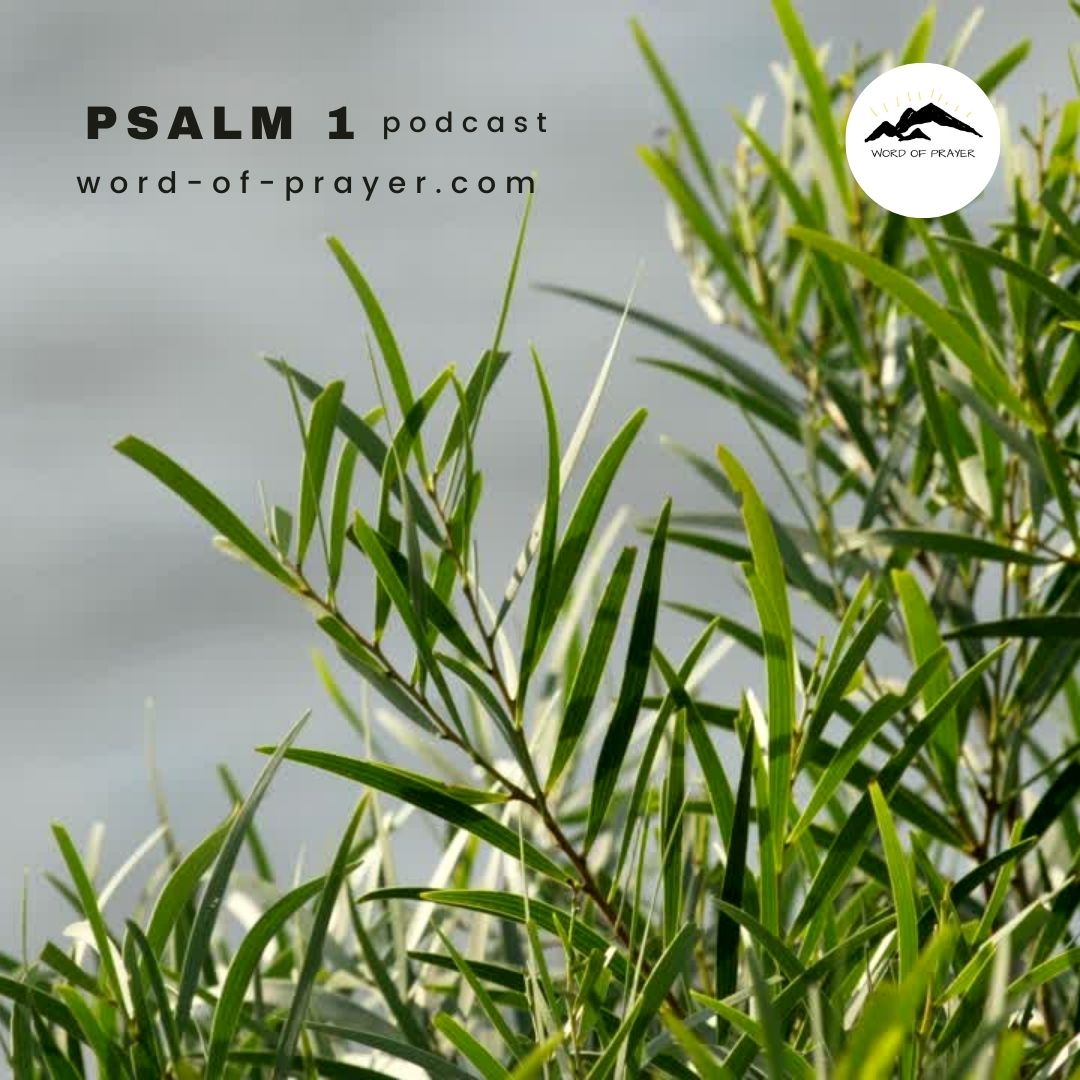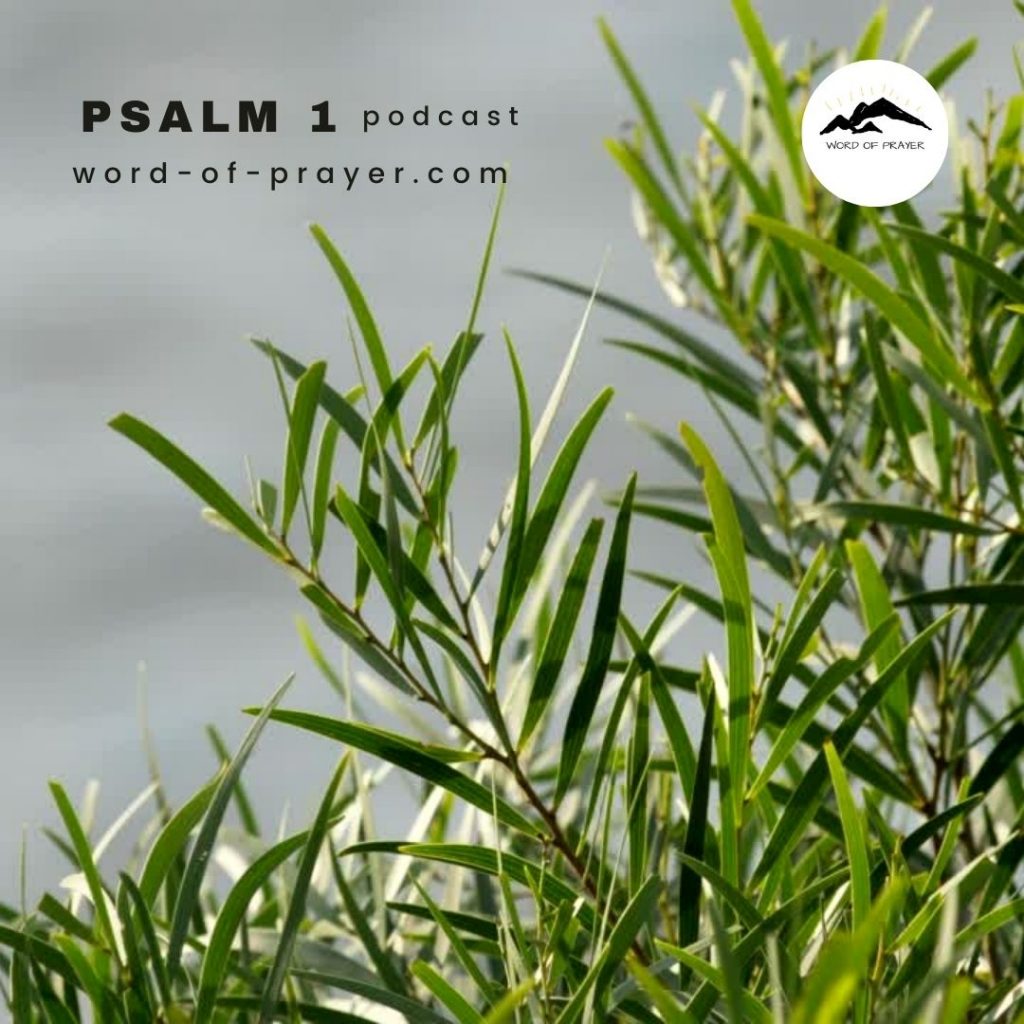Introduction to Reading God’s Word using Psalm 1
By Ron Oltmanns
What do you do with the first fifteen minutes of your day? Do you stumble through the house while you wake up?
Let me suggest you give your first fifteen minutes to God, your Creator. Get in touch with your source, the Lord of all.
How do you do that? I’ll describe a basic process that works well and also lets you develop your own habit that you can customize.
The Four Steps to Build Your Relationship with God
- Listen – read Scripture and listen to God speaking to you. Expect him to speak to you.
- Engage – meditate and reflect on what God is saying to you personally. In Scripture, meditation is envisioned as repeating a thought, a word or truth to ourselves.
- Pray – respond to God personally, either using your own words or using the words of Scripture and praying them back to God as your own response to him.
- Apply – live out a prayerful response to God in your daily actions, add a higher level of intention to bring the truth of God’s word into your daily rhythms and conversations.
An Example of the Four Steps from Psalm 1
1 – Read/Listen
1) Blessed is one who does not walk by the advice of the wicked, nor stand around in the way of sinners, or sit with the mockers.
2) Instead, in the law of Yahweh is his delight, and on His law he meditates day and night.
3) He is like a tree planted beside canals filled with water which produces fruit in the right season,
His leaves are lush, not withered, and everything he does prospers.
4) The wicked are not like this at all! They are like the stubble and dry shells left after the good grain has been removed. That stuff is thrown up in the air so the wind will carry it off, separating it from the good grain.
5) The wicked will not be rise up in the judgment nor will sinners join in the assembly of the righteous,
6) for Yahweh knows the way of the righteous, but the way of the wicked will be wiped out.
2 – Engage
The practice of meditation is directly mentioned in verse 2. It is something the righteous person does regularly (“day and night”). The Hebrew word for meditate comes from a moaning or growling sound that is voiced, but it points to musing or reflecting on something (often with music involved). It doesn’t necessarily involve a certain posture but it does require giving conscious attention or repeating what we are meditating on. In this psalm (and in Joshua 1:8) the subject of meditation is God’s law, what he has revealed to us. We delight in God’s ways and his law. It’s a conscious choice we make in contrast to listening to or joining in the ways of the wicked who oppose God and his law.
3 – Pray
We can read back the scripture and make it our own prayer. That is a simple and elegant way to pray. We can also put it into our own words. Here’s an example: “God, I choose your way. I set my heart on You, tune my ears to Your voice, fix my eyes on Your laws. I will not listen to the crowd, or linger in the company of the wayward, or join in the jeers of the mockers. I will hide your word in my heart that I might not sin against You. Please give me fruit for my efforts, more fulfillment than I can imagine. I am choosing to be Yours today.”
4 – Apply/Live Out
Take a concrete action that flows out of what you have read or heard and prayed.
Examples:
Write out a verse from Psalm 1:2 in a journal or on a notecard
Set alarms/reminders on your phone that will help you pause during the day to think about what you read
Share a verse with a friend or family member or on social media
Use your creativity to come up with other personal expressions of how the word applies to you. Ask God to bring people into your life today and to give you chances to see the truth at work around you.
Listen to other episodes in the podcast to get practice and gain ideas for praying the full range of Scripture and hearing God speak to you from his Word.
Has this been helpful? Share it with someone else. Also let us hear from you or leave a rating or comment in your favorite podcast platform.
Book Resource:
God Help Me Grow: Learning to Pray through the Psalms
by Ron Oltmanns.
Available as e-book or as a print product on Amazon. Click here to find out more.


